Adopting Needonomics in totality is not about deprivation but about purposeful living, and its rewards are tangible. It brings financial stability through less debt, more savings, and stronger creditworthiness; emotional peace by reducing money-related stress and offering greater control over life; and social dignity. Needonomics for the middle class is not a theory but a survival strategy in uncertain times.
In today’s volatile economic climate, the middle class stands at a critical crossroads. Inflation steadily erodes purchasing power, while rising aspirations outpace incomes. At the same time, consumerism tempts families into living beyond their means. The outcome? Mounting debt, shrinking savings, and emotional stress that impacts both personal well-being and family stability. Needonomics School of Thought (NST) offers a refreshing antidote. More than an academic theory, it is a therapy. This practical, life-enriching philosophy teaches us how to earn, spend, and save in harmony with our real needs, rather than chasing the pull of endless wants.
Also Read: From Farm to Fork: A Needonomics Blueprint for Food Quality in Nutritious Bharat
At its core, Needonomics is about the economics of needs. This framework empowers the middle class to earn with skill and integrity, spend judiciously on needo-consumption (consumption guided by necessity rather than indulgence), and save systematically for future responsibilities and emergencies. By living within the limits of our needs, rather than chasing the limitless realm of wants, it offers a pathway to financial stability, mental peace, and a sustainable lifestyle.
1. Needonomics as Financial Therapy
The middle class often bears the double burden of aspirations and obligations, with many being first-generation achievers who work tirelessly to uplift their families, yet frequently fall into the trap of peer comparisons and lifestyle pressures. This leads to what can be termed as economic fatigue—when financial strain begins to affect emotional health. Needonomics offers a therapy for financial wellness by focusing on three levels: earning skills through capability-building, adaptability, and ethical work practices; mindful spending by resisting luxury purchases driven solely by social validation; and purposeful saving to build reserves not just for emergencies but also for ensuring long-term dignity and stability.
This therapy is both preventive, as it aims to avoid financial mistakes, and curative, as it breaks the habit of reckless consumption.
2. Mandate of Needo-Consumption
Needo-consumption is a disciplined lifestyle in which purchases are based on genuine necessity and value for money. It rejects the wasteful “buy because it’s trending” mentality.
Think of it as a financial compass:
- Before buying: Ask—Will this add real value to my life?
- When buying: Choose quality over quantity.
- After buying: Check—Is it serving its intended purpose?
This practice keeps focus on essentials—food, shelter, healthcare, education—before allocating funds to discretionary items, ensuring resources support what sustains life and well-being.
3. Old Debt, Fresh Start: Needo-Saving Imperative
Starting fresh in life—whether after a career shift, marriage, or personal setback—requires one essential step: clear old debts first. Debt is not only a financial burden; it is an emotional weight that grows heavier over time.
Needonomics prescribes needo-saving as the most reliable route to financial freedom. Unlike casual saving, needo-saving is planned, consistent, and goal-oriented. The process is straightforward: track spending for a month to identify leakages, set a savings target even if it is just 10–20% of income, automate savings so they occur before discretionary spending, and ensure debt is repaid before making new investments. This simple rule shall ensure settling past dues, both financial and emotional, before stepping into new life chapters.
4. Saving Before Marriage: NST Mandate
Marriage is more than an emotional union—it is a financial partnership. Yet, many couples enter this phase with neither savings nor clarity on money management, leading to stress, conflict, and sometimes, breakdowns.
Needonomics School of Thought mandates saving before marriage, for reasons that go beyond numbers:
- Dowry-free dignity: Financial independence avoids unhealthy dependence.
- Shared vision: Couples begin with aligned financial goals.
- Emergency readiness: Unexpected expenses can be met without debt.
Starting married life with a financial cushion builds resilience and mutual trust.
5. Honesty in Assessing Household Needs
Household finances often get derailed by a lack of honesty in identifying real needs. Emotional purchases, festival splurges, and brand-driven upgrades are often disguised as necessities.
Needonomics urges households to list actual essentials, like food, housing, utilities, healthcare, and education. Spot luxuries pretending to be needs—designer clothes, frequent gadgets, upscale dining. It further advises ranking priorities so that essentials always come before comforts and luxuries. This honesty not only prevents overspending but also avoids the guilt of over-restriction, thereby creating a balanced and sustainable approach to living.
6. Monthly Budgeting: A Need-Based Endeavour
Far from being restrictive, a budget is liberating. A need-based monthly budget directs money to where it matters most and safeguards against impulse spending.
A Needonomics-inspired budget can be structured to balance discipline with joy while ensuring sustainability and meaning in life. Under this approach, 50% of income is allocated to essentials such as rent, food, utilities, transport, and healthcare; 20% is directed towards savings and debt repayment, which are treated as non-negotiable and automated; another 20% is invested in personal growth, including education, skill-building, and wellness; and the remaining 10% is reserved for leisure, covering hobbies, entertainment, and small indulgences. This formula balances discipline with joy, ensuring life is both sustainable and meaningful.
7. The Sustainable Lifestyle Outcome
Adopting Needonomics in totality is not about deprivation but about purposeful living, and its rewards are tangible. It brings financial stability through less debt, more savings, and stronger creditworthiness; emotional peace by reducing money-related stress and offering greater control over life; and social dignity by enabling people to live within their means without succumbing to status-driven consumption. It also delivers environmental benefits, as responsible consumption naturally reduces waste. Beyond the individual, it strengthens the national economy, since lower personal debt contributes to a healthier and more resilient financial system.
8. The Middle-Class Edge in Needonomics
Needonomics benefits all, but the middle class is best placed to thrive with it. They value hard work and self-reliance. They prize education and skill. They aspire, yet can align dreams with sustainable choices. For them, Needonomics is not a theory but a survival strategy in uncertain times.
In a world where consumerism glorifies excess, Needonomics is a call to return to balance as the journey from debt to dignity. It redefines richness—not as the possession of more, but the need for less. For the middle class, it offers a clear blueprint to live with dignity, financial stability, and peace of mind. By practicing needo-consumption, needo-saving, and need-based budgeting, anyone can escape the trap of debt and reclaim control over their financial destiny. The journey begins with honesty—about needs, resources, and priorities. The destination is a life where money serves us, not the other way around. That is the promise and power of Needonomics—a true financial therapy for the middle class.
Disclaimer: The views expressed in this article are of the author solely. TheRise.co.in neither endorses nor is responsible for them. Reproducing this content without permission is prohibited.
About the author
Prof. Madan Mohan Goel, Former Vice Chancellor and Propounder of Needonomics School of Thought.

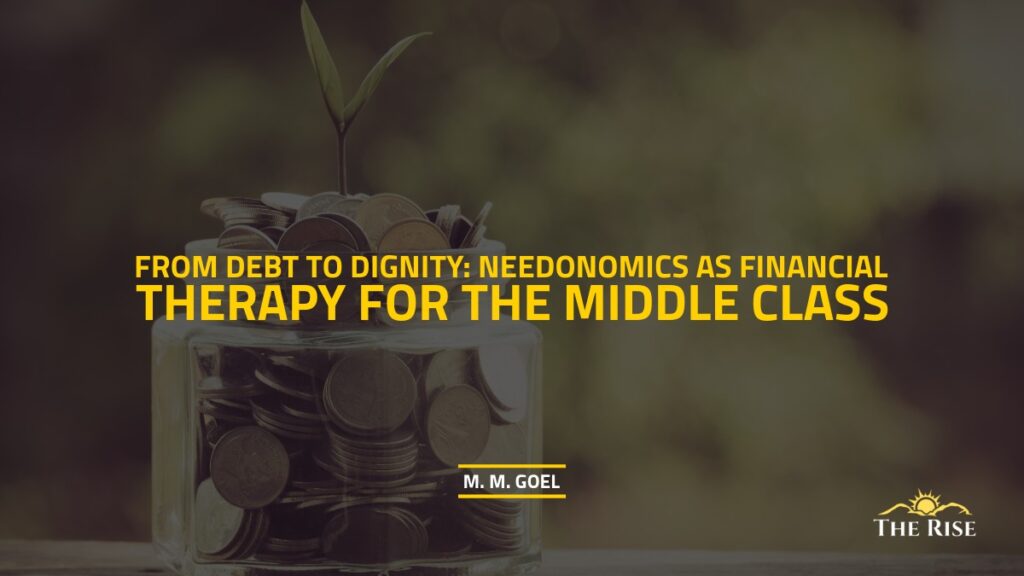


























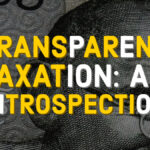




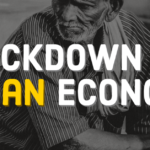
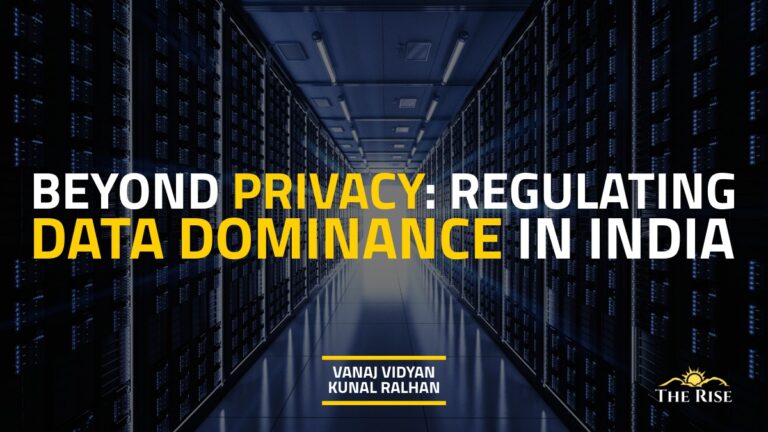
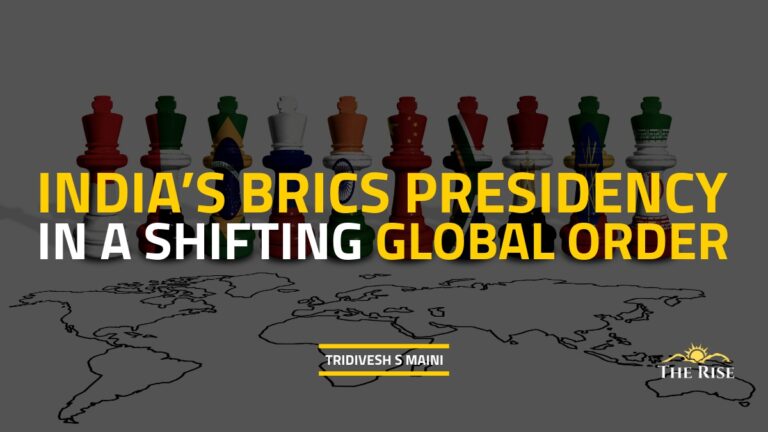


Pingback: Reimagining the Global Economy by Needonomics - TheRise.co.in